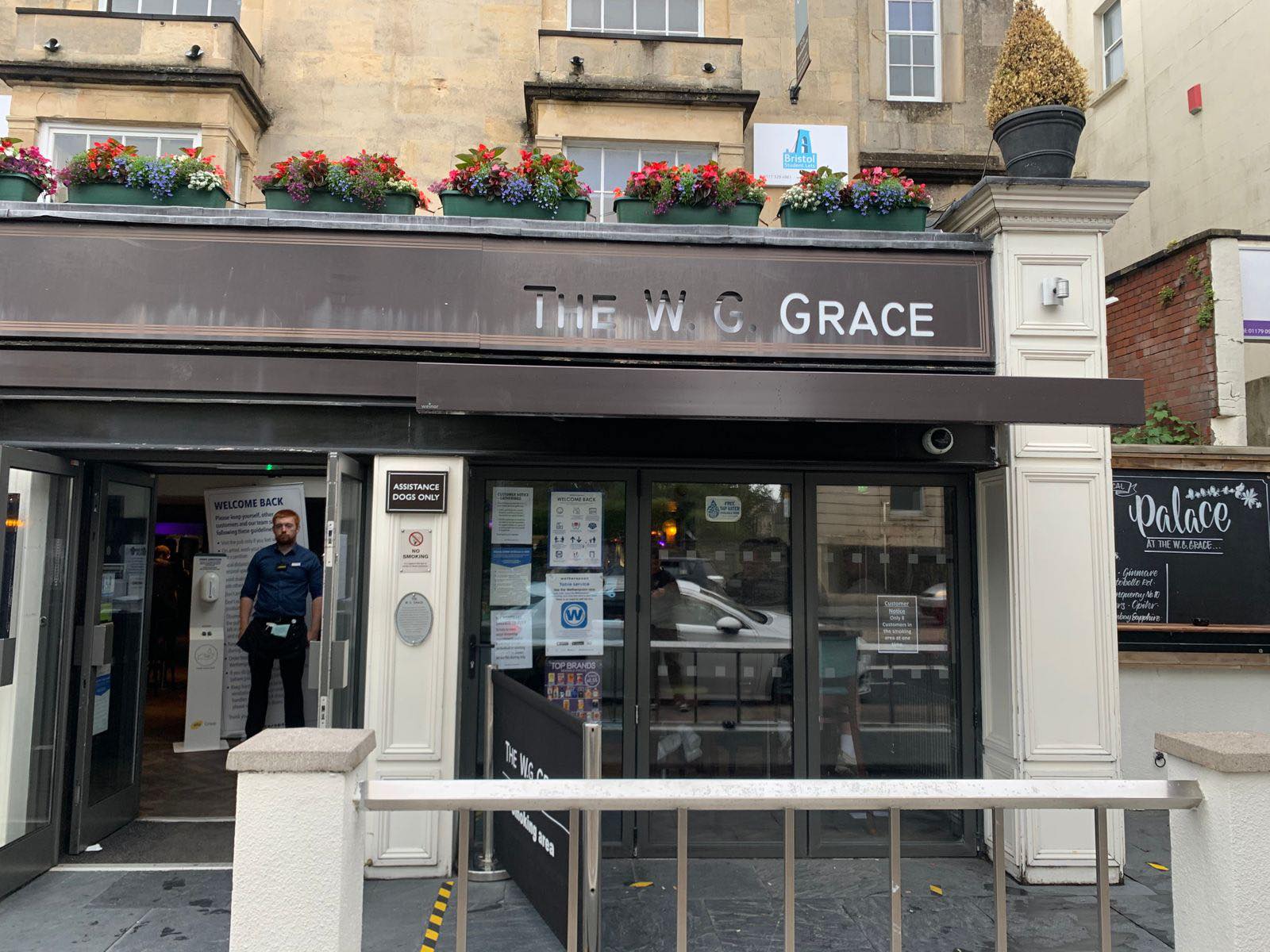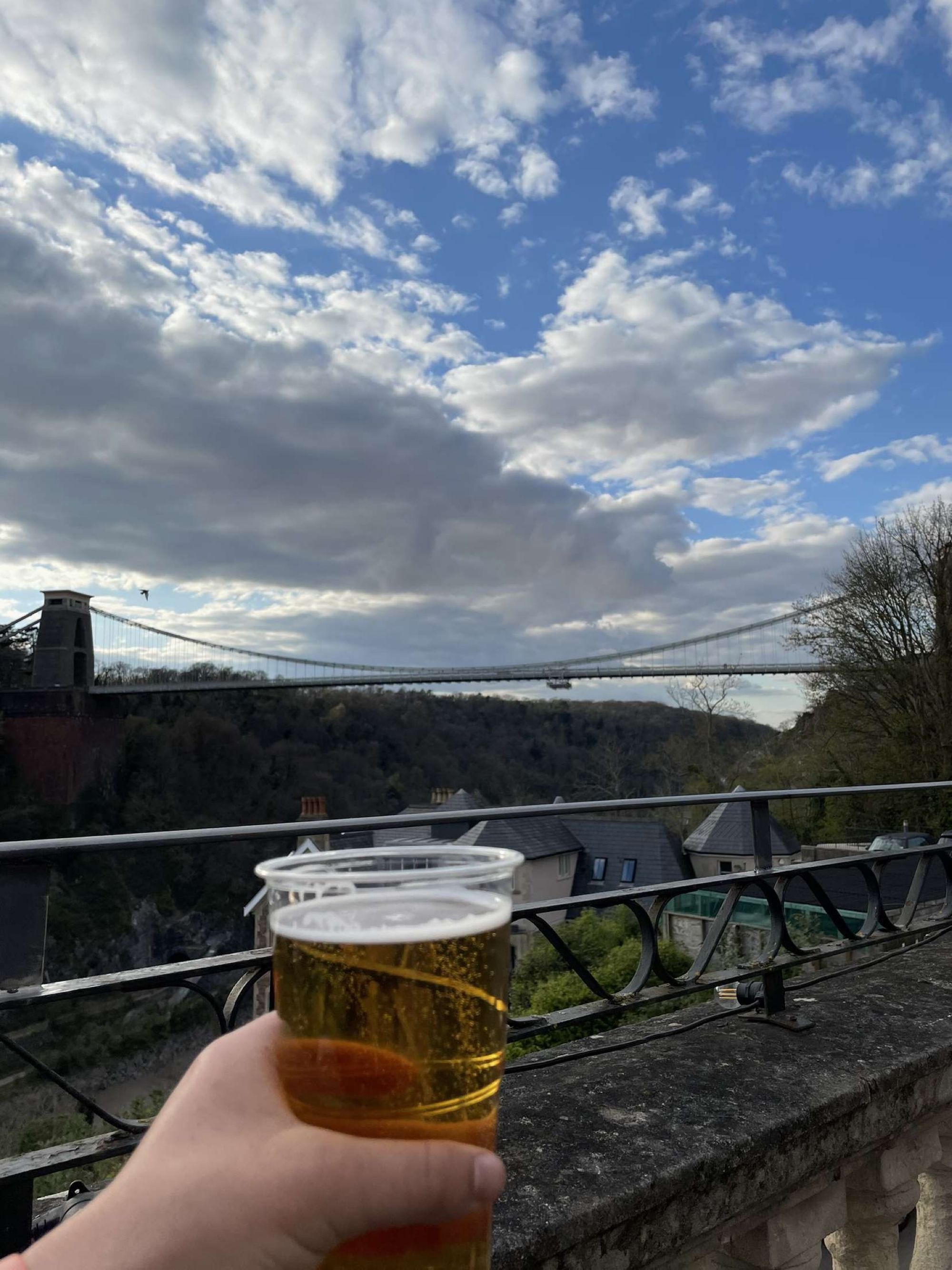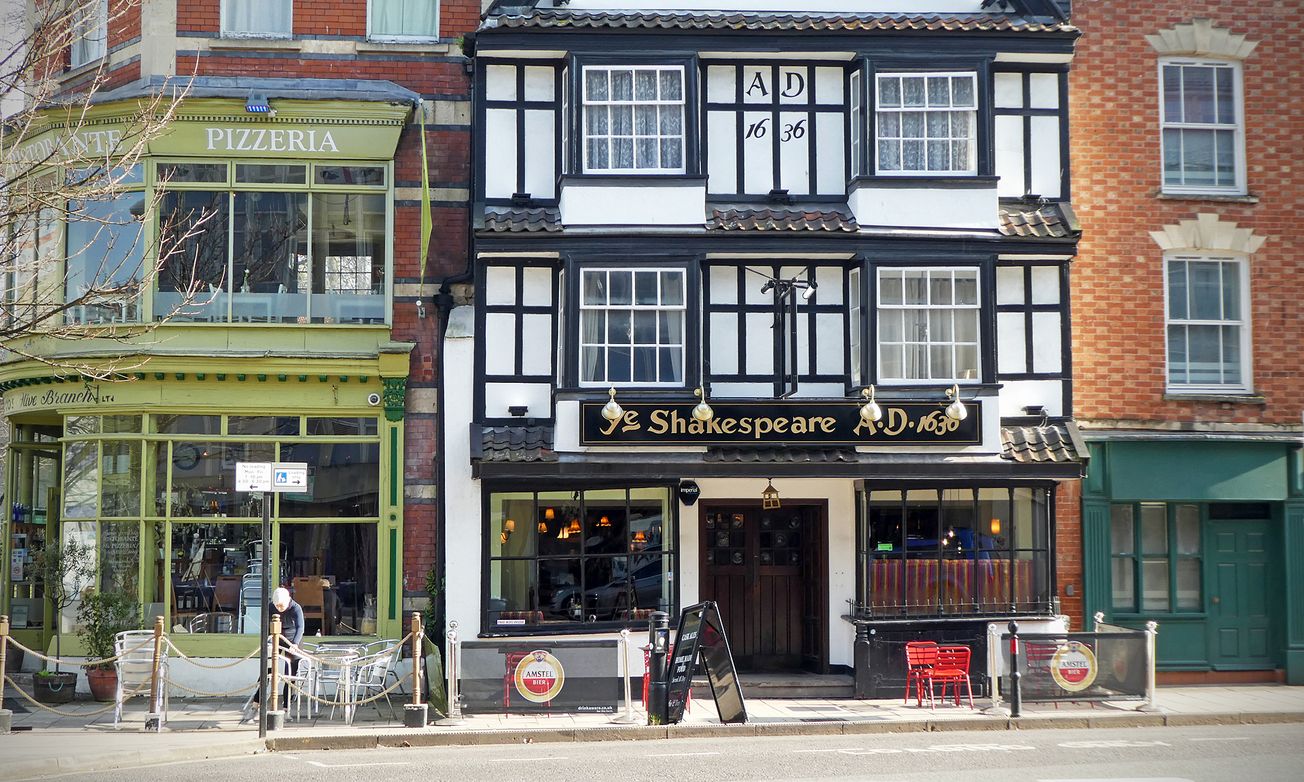By Milan Perera, Second Year English and Community Engagement
I still try to remember the cold chill that ran down my spine on a warm afternoon in May, when the temperature was hovering around the high twenties as I walked up Gloucester Road. It was an extraordinary spectacle on the back of a lengthy lockdown, where a plethora of bronzed skin men and women huddled outside the seating areas of Gloucester Road’s pub strip, drinking cold beer and engaging in multiple, unintelligible conversations. I was both awe-struck and repelled by these outlandish scenes which made me wonder ‘what is so special about the pub in British social life?’.
The earliest appearance of was during the Roman Conquest of Britain in 43 AD where drinking houses known as tabernae were built alongside newly laid Roman roads to help quench the thirst of the legionary troops. Tabernae initially sold wine, but it was ale, the native British brew, that was quickly adopted by these drinking houses to provide the locals with their favourite beverage.

The taverns and inns collectively came to be known as public houses and then simply as pubs around the reign of Henry VII (1485 – 1509). The pub may be historic in its origins, but how did it become permanently inseparable from the British identity?
To answer this question, Epigram had the pleasure of interviewing the retired schoolteacher and keen pub-goer, Tony Hearn, who believes it to be an urban phenomenon. It was a place where working men could gather socially for fellowship, camaraderie, and pub games, away from the often cramped and noisy housing arrangements and “nagging wives”. Most women did not frequent pubs, nor would they be served.
Besides science, the pub is an escape from the usual humdrum of everyday life, where striking up a conversation with a stranger is not deemed peculiar but acceptable.
The institution of the pub evolved through the 20th century and most pubs became more welcoming environments and open to women and even families. ‘There is a long history of association between students and alcohol!’, uttered Tony with a twinkle in his eyes, who happens to be a past pupil of the University of Bristol in the late 1960s.
Televised sporting events as shown on Sky Sport or BT Sport have had a significant impact on pub life over the last 30 years, where the collective expectations and triumphs of one’s favourite team are amplified to a fever pitch, something that cannot be achieved at the comfort of your home. This is has more recently been manifested through the Euro 2020 Championship, which resulted in crammed pubs.
During lockdown, people were itching to take themselves to the pubs despite the inflated prices for a pint of your favourite tipple. So, it is evident that the pub is not just a place to drink beer, wine, cider or something a bit stiffer. With attractive ‘deals’ at supermarkets, one can stock up at a fraction of what a pub charges for a round of drinks. But even so, people could not wait for the pubs to open after the lockdown.
To shed a light on this seemingly paradoxical scenario, I sought the opinion of an esteemed medical practitioner. The consultant psychiatrist and former university lecturer, Dr Jacinta O’Shea, states that alcohol in low doses functions as an excellent stimulant for the nervous system where it would increase your heart rate, blood pressure and provides the sensation of ‘feeling energetic’.

Besides science, the pub is an escape from the usual humdrum of everyday life, where striking up a conversation with a stranger is not deemed peculiar but acceptable. The lockdowns have dwindled people’s ability to socialise, causing loneliness and anxiety, especially among university students.
Most ‘pub groups’ at university are centred around student societies or sports clubs. Sometimes they are formed around course mates, or bonding over home counties or regions. But without these regular pub trips, students have been deprived of a vital mode of making new friends, revealing the importance of pubs to our student culture.
Hanging after a trip to the pub - The morbid past of the Highbury Vaults
‘Adopt a Pub’ scheme launched to support local bars
Speaking from personal experience, my favourite pub related activity was ‘Drink and Draw’. In an atmosphere of informality, you are prompted to draw some still life over a pint. I looked forward to these sessions as I found them a relaxing antidote to a stressful schedule. With the stipulation of lockdown measures, all the above-mentioned social hubs were brought to an abrupt halt, and that warm centre of hugs, fist pumps and friendly conversations over a drink was gone.
With platforms such as Zoom, the world was brought much closer together in a time of isolation, but it goes without saying that Zoom, with all its slick features, could not replicate a closely knit group like those bonded together by a pint at the pub. With the proposed lifting of the lockdown, student groups and societies will be given a new lease of life.
Featured Image: Flicker / Andrew Gustar








